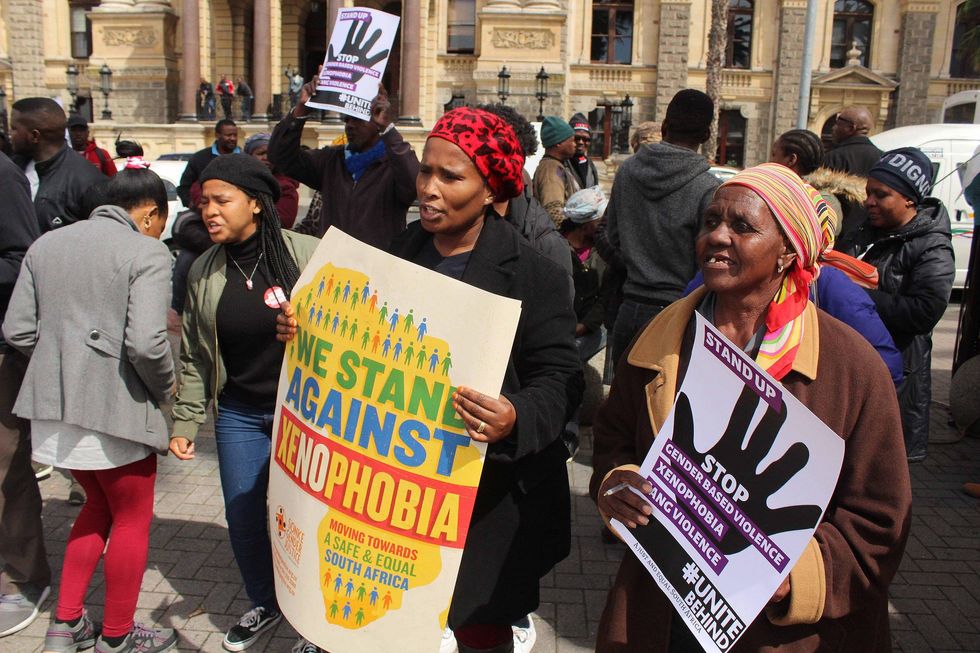Unemployment is a significant challenge facing South Africa, with millions of individuals unable to find work. The impact of unemployment on poverty in South Africa is substantial, as it limits access to basic necessities such as food, shelter, and healthcare. This article explores the relationship between unemployment and poverty in South Africa, highlighting the challenges and potential solutions to this critical issue.
Understanding the Scale of Unemployment in South Africa
South Africa has a high rate of unemployment, with the latest figures indicating that the unemployment rate was 34.4% in the second quarter of 2021. This rate is the highest it has been in over a decade, with job losses caused by the COVID-19 pandemic exacerbating an already dire situation. The situation is particularly challenging for young people, with youth unemployment reaching 63.3% in the same period.
The Impact of Unemployment on Poverty in South Africa
Unemployment is a leading cause of poverty in South Africa, with many individuals unable to afford basic necessities such as food, shelter, and healthcare. The country's high unemployment rate has resulted in a significant increase in the number of individuals living below the poverty line. In 2020, the poverty headcount ratio at the national poverty line was estimated to be 55.5%, up from 40% in 2011.
Unemployment has also resulted in a widening income gap between the rich and poor, with the wealthiest 20% of South Africans earning almost 68 times more than the poorest 20%. This disparity has serious consequences for social cohesion, as it perpetuates inequality and hinders economic growth.
The Link Between Education and Unemployment
Education is a critical factor in reducing unemployment in South Africa, as individuals with higher levels of education are more likely to find work. However, the education system in South Africa faces numerous challenges, including inadequate funding, a shortage of qualified teachers, and a lack of infrastructure.
As a result, many young people leave school without the skills and knowledge needed to find employment, perpetuating the cycle of poverty and unemployment. Addressing these challenges requires a concerted effort by the government and the private sector to invest in education and skills development.
The Role of Small and Medium-Sized Enterprises (SMEs)
Small and medium-sized enterprises (SMEs) have the potential to play a significant role in reducing unemployment in South Africa. SMEs are a vital source of job creation, accounting for 36% of total employment in the country. However, SMEs face numerous challenges, including limited access to funding, inadequate infrastructure, and a lack of skilled labour.
Addressing these challenges requires a multi-faceted approach that includes providing SMEs with access to finance, improving infrastructure, and investing in skills development. Supporting SMEs can also help to reduce inequality by creating more opportunities for individuals from disadvantaged backgrounds.
The Importance of Social Protection Programs
Social protection programs are critical for reducing poverty and unemployment in South Africa. These programs provide a safety net for individuals and families living in poverty, helping them to meet their basic needs and access healthcare, education, and other essential services.
South Africa's social protection programs include grants for vulnerable individuals, including children, the elderly, and those with disabilities. These programs have had a significant impact on poverty reduction, with studies indicating that they have helped to reduce poverty rates by over 10%. For example, SASSA helped millions of individuals through their SRD grant.
Conclusion
The impact of unemployment on poverty in South Africa is substantial, with millions of individuals unable to access basic necessities. Addressing this challenge requires a concerted effort by the government, the private sector, and civil society to invest in education, support SMEs, and strengthen social protection programs. By working together, we can help to reduce poverty and unemployment and build a more prosperous and equitable South Africa.













